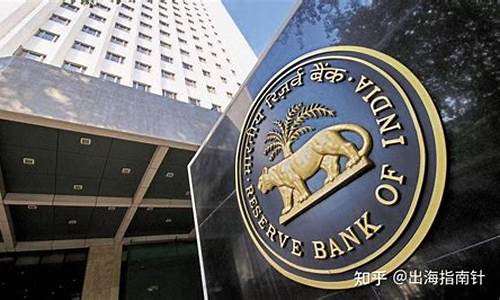
Virtual digital currency, also known as cryptocurrency, is a type of decentralized digital
asset that uses cryptography for security. It has gained popularity in recent
years due to its unique features and potential benefits. However, like any other
form of currency, it also has its advantages and disadvantages. In this article, we
will discuss the pros and cons of virtual digital currency.
Advantages:
1. Decentralization: One of the biggest advantages of virtual digital currency is its decentralized nature. Unlike traditional currencies that are controlled by central banks or governments, virtual digital currency is not tied to any physical entity. This means that it operates independently of any government or financial institution, making it more secure and resistant to censorship.
2. Security: Virtual digital currency uses advanced encryption techniques to secure transactions and prevent fraud. Transactions are recorded on a public ledger called a blockchain, which makes them transparent and tamper-proof. This ensures that every transaction is verified and cannot be altered without consensus from the network.
3. Low transaction fees: Virtual digital currency transactions are typically faster and cheaper than traditional bank transactions. Since there are no intermediaries involved, such as banks or payment processors, the fees associated with these transactions are significantly lower.
4. Accessibility: Virtual digital currency is accessible to anyone with an internet connection and a device that supports cryptocurrency wallets. This makes it easier for people in developing countries or those without access to traditional banking services to participate in the global economy.
Disadvantages:
1. Lack of regulation: Virtual digital currency is not regulated by any government or financial institution, which can make it vulnerable to fraud and illegal activities. There have been cases where individuals have used virtual digital currency to launder money or engage in other illegal activities.
2. Volatility: Virtual digital currency prices are highly volatile and can fluctuate rapidly based on market conditions. This means that investors may experience significant losses if they invest in virtual digital currency at the wrong time.
3. Limited acceptance: While virtual digital currency is becoming more widely accepted, it still has limited acceptance compared to traditional currencies. Many merchants and businesses do not accept virtual digital currency yet, which can make it difficult for consumers to use it for everyday purchases.
Conclusion:
Virtual digital currency has both advantages and disadvantages. On one hand, it offers decentralization, security, low transaction fees, and accessibility. On the other hand, it lacks regulation, volatility, and limited acceptance. As with any investment, it is important to carefully consider the pros and cons before deciding whether to invest in virtual digital currency.










